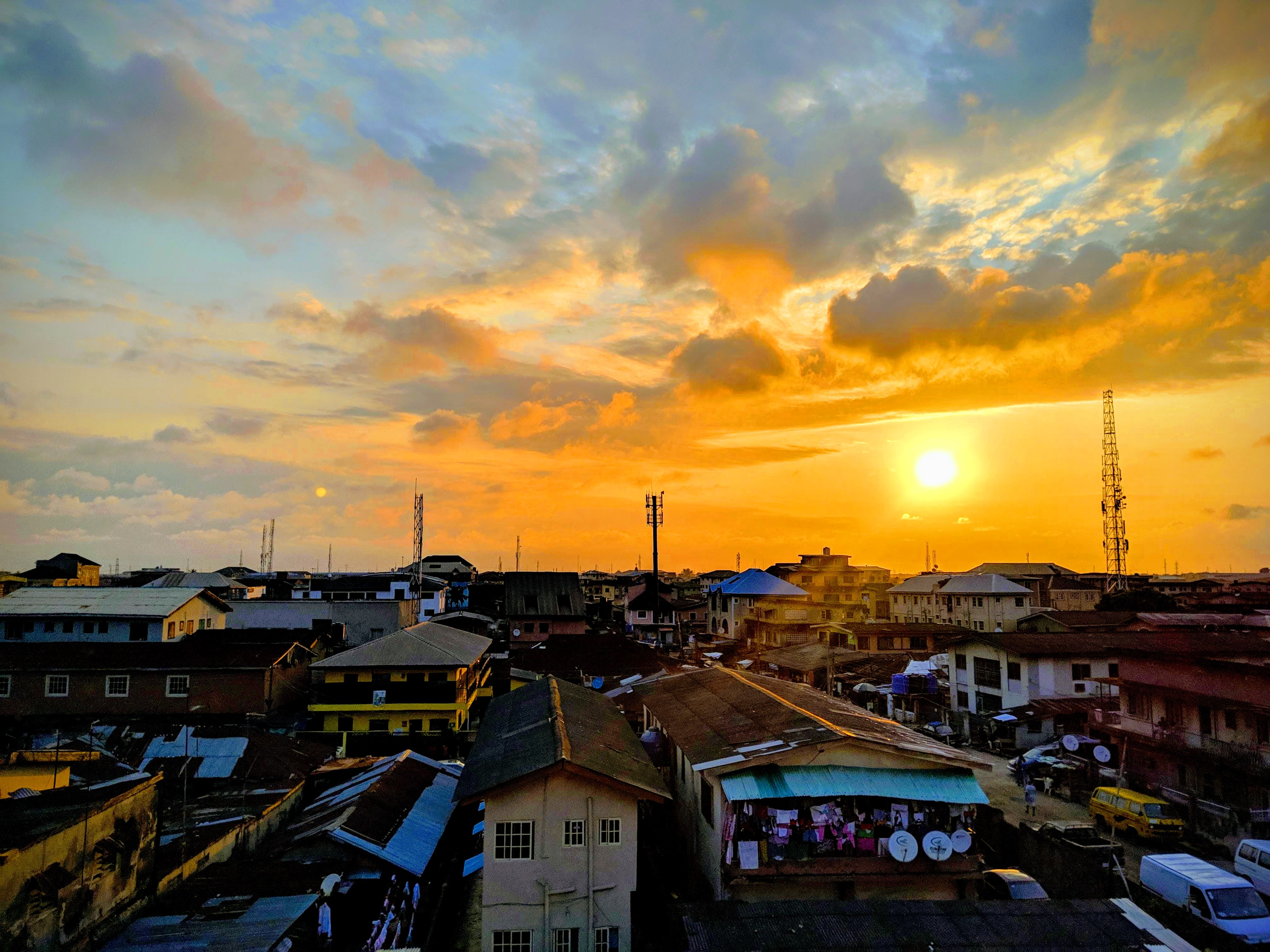Post by: Damie Omole
“Education is our greatest opportunity to give an irrevocable gift to the next generation.”
– Ernie Fletcher

This summer, I had the wonderful opportunity to intern with the Legal Aid and Defense Project (LEDAP) Nigeria. The Legal Defense and Assistance Project (LEDAP) is a non-governmental organization of lawyers and law professionals engaged in promoting and protecting human rights, the rule of law, and good governance in Nigeria.
Generally, every child has the right to education regardless of race, gender, ethnicity, nationality, or any other external or cognitive factor. This right is guaranteed by international instruments such as the United Nations Educational, Scientific and Cultural Organization (UNESCO) Convention Against Discrimination in Education (CADE, 1960) and regional human rights law such as the Convention on the Rights of the Child (CRC) and the Child Rights Act in 2003.
Chapter Two of the 1999 Constitution of the Federal Republic of Nigeria states that the Government shall direct its policy towards ensuring equal and adequate educational
opportunities at all levels. The Constitution further states that the Government shall strive to eradicate illiteracy, and to this end, the Government shall as and when practicable provide free, compulsory, and universal primary education.
Despite these provisions, about 10.5 million of Nigeria’s children aged 5-14 years are not in school. Only 61 percent of 6–11-year-olds regularly attend primary school, and only 35.6 percent of children aged 36-59 months receive early childhood education. One of the main challenges of education rights in Nigeria was that the education provision in Chapter 2 of the 1999 Constitution of the Federal Republic of Nigeria was regarded as non-justiciable, meaning that none of the obligations spelled out in Chapter Two of the Constitution can be enforced in a competent court.
However, LEDAP successfully defended the right of every Nigerian child to education in a landmark case. LEDAP brought the suit (FHC/ABJ/CS/978/15) at the Federal High Court (Abuja) against the Federal Ministry of Education and the Attorney General of the Federation, seeking, among other reliefs, the declaration of court to make the right to compulsory, free and universal primary and junior secondary education enforceable in Nigeria.
In a judgment delivered by Honorable Justice J.T. Tsoho of the Federal High Court, Abuja, parents, guardians, Civil Society Organizations (CSO’s), and human rights groups can now bring an action against the government for failing to make both primary and junior secondary education free for Nigerian children. This was a victorious decision for LEDAP and every Nigerian child.
I had the privilege of speaking with Mr. Chinonye Edmund Obiagwu, the founding director of LEDAP. He explained to me that Nigeria is one step closer to truly ensuring education for every Nigerian child. He explained that the major challenge is ensuring that the people are aware of this victory and are aware of their rights.
Education is important for personal development and national development. In the words of Koffi Annan, “Without education, we cannot see beyond ourselves and our narrow surroundings to the reality of global interdependence. Without education, we cannot realize how people of other races and religions share the same dreams, the same hopes. Without education, we cannot recognize the universality of human aims and aspirations.”
Having the opportunity to see the impact of this decision has truly encouraged me. It showed me the need for and the importance of human rights advocacy. Now, Nigeria is closer to empowering the younger generation because of the hard work and determination of attorneys dedicated to promoting human rights for all.
This post was written by a Center for Global Justice Intern. The views expressed in this post do not necessarily reflect those of Regent University, Regent School of Law, or the Center for Global Justice.

